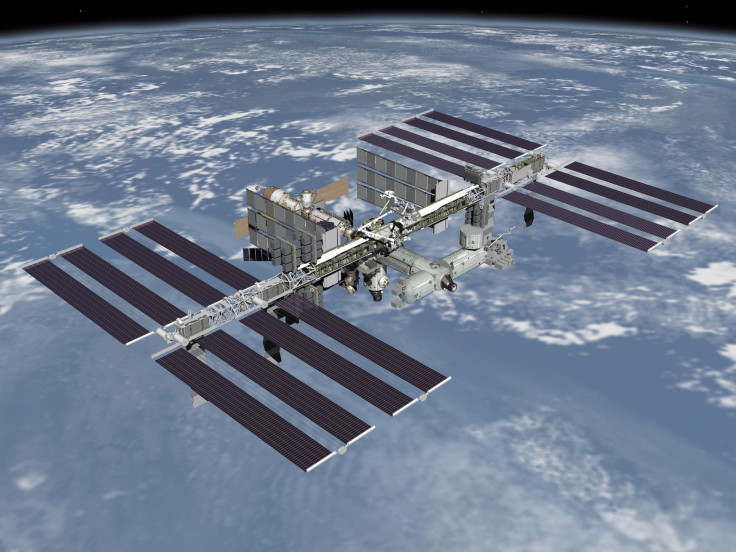NASA, Russia To Team Up On New Space Station, Russia Confirms

Russia is willing to collaborate with the U.S. on a new space station, Russia's space chief announced in a news conference following the launch of a U.S. and Russian astronaut to a nearly year-long mission on the International Space Station. Igor Komarov, chief of Russian space agency Roscosmos, said he plans for Roscosmos and NASA to work together on a future space station to replace the current ISS.
There is, however, no indication of a formal agreement nor confirmation from the U.S. space agency. NASA told Engadget no new partnerships had been announced, but the U.S. space agency is interested in “continuing international collaboration.”
Future partnerships may also include missions to Mars. “We are discussing how best to use the resources, the finance. We are setting time frames and distributing efforts in order to avoid duplication,” NASA chief Charles Bodlen is quoted by Russia Today as telling journalists after Friday’s launch.
In its 2015 budget, NASA announced support for the ISS until 2024. Russia also has agreed to continue operating and funding the station until 2024. But, Russia had previously threatened to break away from NASA and build its own space station. With this latest announcement, Russia appears to be on board with building a new orbital space station with the U.S. to replace the ISS.
During the event, the Russian space chief said the project could involve countries that are not currently involved in the ISS. The current station is divided into the Russian Orbital Segment and the United States Orbital Segment, but the program is supported by the U.S., Russia, Japan’s JAXA, France’s European Space Agency and the Canadian Space Agency.
U.S. and Russian astronauts arrived at the International Space Station Friday for what is billed as the longest continuous stay for anyone on the ISS. Results from the year-long mission will be used to study the physical effects of prolonged exposure to space in anticipation of missions to Mars.
© Copyright IBTimes 2024. All rights reserved.






















